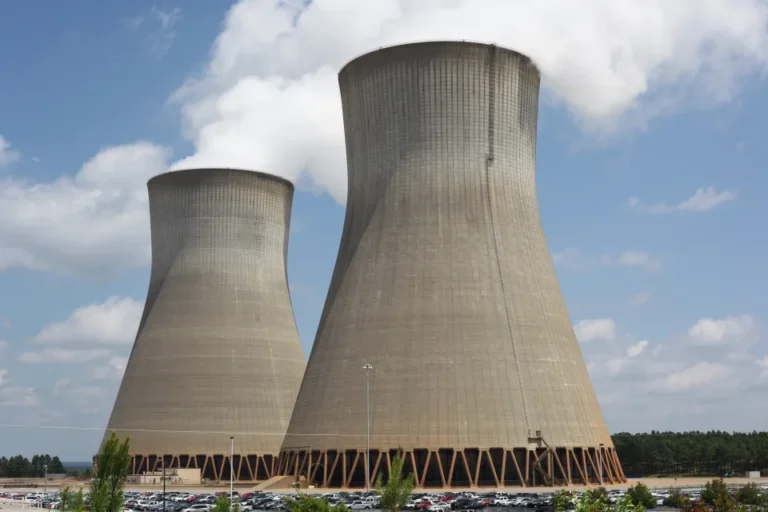After this, the ADVANCE Act will be delivered to the desk of President Biden.
In the direction of becoming a nuclear reactor hub, the United States of America has made a huge stride forward. The Accelerating Deployment of Versatile, Advanced Nuclear for Clean Energy (ADVANCE) Act was approved by the Senate on Tuesday, June 18, with a vote count of 88 to 2. In addition, a version of the law received support from members of both parties in the House of Representatives, where it was approved by a vote of 365 to 33 earlier this year. This made it possible for the bill to be delivered to the desk of President Biden.
Over a dozen reactors have been shut down over the course of the last decade, while only two new reactors have been opened. These two new reactors were launched in Georgia last month, and they have incurred costs totaling more than $30 billion. Creating incentives and lowering the amount of time and money required to construct nuclear reactors are two of the goals of the ADVANCE Act, which intends to increase the nuclear energy industry in the United States. In the course of these efforts, monetary prizes will be given to the first businesses to accomplish particular objectives, such as the implementation of upcycling of reclaimed nuclear waste.
One of the most important aspects of the ADVANCE Act is the Nuclear Regulatory Commission (NRC), which is an independent federal organization that oversees the use of nuclear energy, including the operation of commercial nuclear power facilities. It is required by the bill that the National Research Council (NRC) develop a new mission statement that states “licensing and regulation of the civilian use of radioactive materials and nuclear energy be conducted in a manner that is efficient and does not unnecessarily limit the benefits of civilian use of radioactive materials and nuclear energy technology to society.” This bill results in a shift in the role that the NRC plays. In addition, it urges the National Research Council to speed up the process of reviewing licenses and hiring workers, as well as to improve “its process for approving the export of American technology to international markets.”
Following the passage of the bill, the chairman of the United States Senate Committee on Environment and Public Works, Tom Carper, issued a statement in which he stated, “The ADVANCE Act will provide the Nuclear Regulatory Commission with the tools and workforce it needs to review new nuclear technologies efficiently, while maintaining the NRC’s critical safety mission and creating thousands of jobs.”
The bill, on the other hand, is not universally supported, and there are many who are concerned that it compromises safety. Senator Ed Markey and Senator Bernie Sanders were the two senators who voted against the ADVANCE Act. Senator Markey argued that the ADVANCE Act transforms the National Research Council into a facilitator rather than a regulator. “This bill puts promotion over protection, and corporate profits over community clean-up,” said Massachusetts Senator Markey. “The ADVANCE Act, which is attached to the Fire Grants and Safety Act, contains language that would require the Nuclear Regulatory Commission to rewrite its mission to state that its regulation and oversight should ‘not unnecessarily limit’ civilian nuclear activity. This would be the case regardless of whether the activity is beneficial or detrimental to public safety and national security. It is not appropriate for the Nuclear Regulatory Commission to be the Nuclear Retail Commission.

